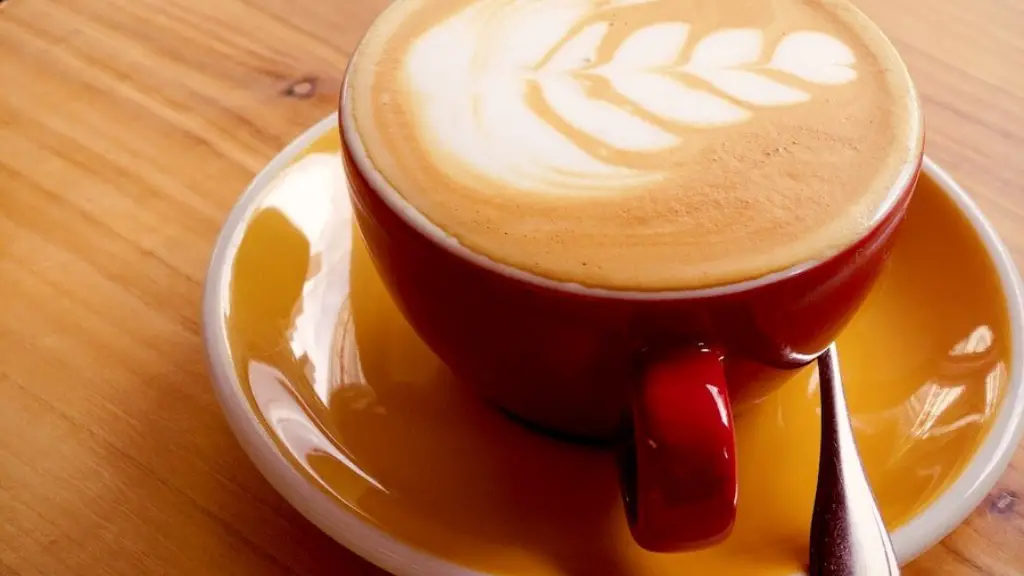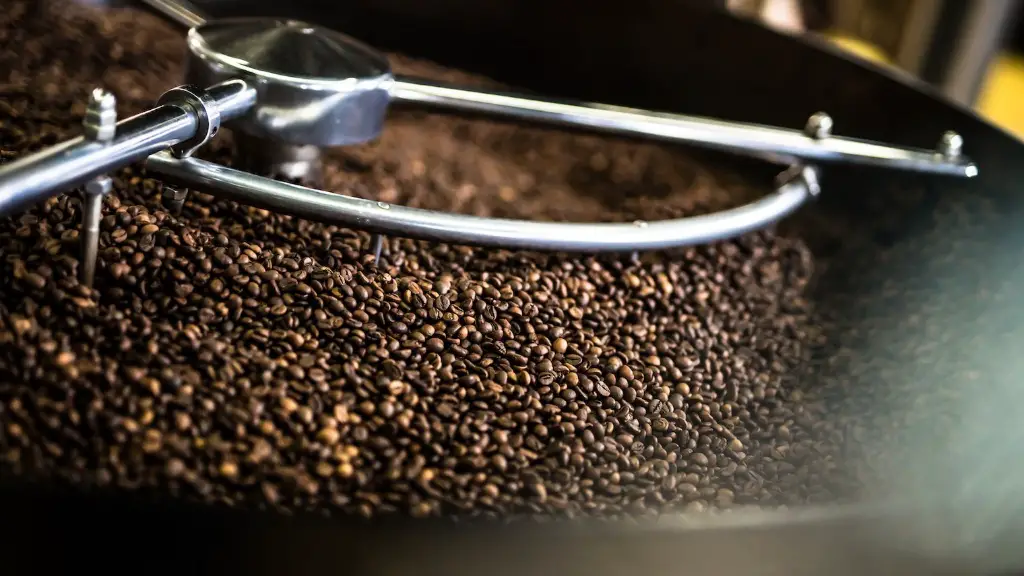As many people know, fasting is a popular practice often associated with religious or health reasons. Throughout the world millions of people engage in this practice for a variety of reasons, however, most common among them is spiritual, devotional or medical purpose. While fasting for spiritual or devotional purpose is common among many different cultures, and medical / health fasting is gaining more attention, many people are curious about if they can still consume coffee while fasting.
Coffee itself is controversial from a health perspective, because it contains caffeine. Caffeine is a stimulant, and can do more harm than good if not consumed in moderate amounts. On the other hand, coffee also has a lot of benefits, as it can improve mental alertness, act as an antioxidant, and reduce risk of type 2 diabetes and some cancers.
In regards to drinking coffee while fasting, the answer is not so clear-cut. Many religious and health reasons for fasting do allow for consuming drinks that do not contain any calories, like black coffee, or virtually calorie free drinks like tea. Moreover, the notion of drinking water while fasting has been around since ancient time, and is encouraged for health reasons.
However, what about drinking coffee while fasting? In general, it’s best for an individual to first consult with their religious/spiritual leader, or doctor/nutritionist before partaking in any kind of fasting plan.
This is because fasting plans can vary greatly depending on the individual’s faith or health. For example, some individuals fasting for religious reasons make allowances for drinking coffee, especially if it’s black and doesn’t contain cream or sugar which would add calories.
Health professionals and nutritionists often have different perspectives on fasting and coffee drinking. While many agree that non-caloric drinks should be allowed while fasting, some nutritionists caution against drinking coffee during fasting periods. This is particularly true during longer fasts such as ones of 24-hours or more.
Therefore, it’s important to take into account one’s individual health and faith before deciding whether it is safe to consume coffee while fasting. For example, pregnant women, and people with certain medical conditions such as hypertension, diabetes, insomnia and anxiety should consider the potential effects of drinking coffee while fasting.
Effects of Coffee Fasting
Coffee itself is composed of several compounds, the main one being caffeine. Therefore, the effects of drinking coffee while fasting depend largely on the amount of caffeine the individual consumes. Higher amounts of caffeine (above 300 milligrams) can have a negative impact on health, while moderate amounts (between 100 and 300 milligrams) are considered safe.
Also, caffeine in moderation can do a great deal of good for health. Caffeine can enhance mental alertness and reduce risk of type 2 diabetes and some cancers. Also, drinking coffee during fasting can reduce hunger cravings, and reduce risk of certain chronic diseases by improving digestion.
However, consuming too much caffeine during fasting can cause some unwanted side effects. These can include headaches, dizziness, increased heart rate, restlessness, nervousness, irritability, and difficulty falling asleep. As such, it’s important for an individual engaging in fasting to ensure that he/she is consuming moderate and safe amounts of caffeine during the fast.
Caffeine-Free Alternatives
Those who want to partake in coffee while fasting but don’t want the drawbacks of caffeine, can opt for caffeine free alternatives. These could include decaf coffee, chicory coffee, and herbal teas. Decaf coffee is coffee that has had the majority of the caffeine removed. Chicory coffee is made from the roots of the chicory plant and is naturally caffeine free. Herbal teas are also a great way to enjoy flavor without the stimulating effects of caffeine.
Additionally, some other non-caffeinated beverage alternatives include yerba mate, black tea and white tea. All these beverages provide the same flavor and some, such as herbal teas, may even provide additional health benefits, such as providing antioxidants and flavonoids.
Effects of Coffee Fasting Long-Term
The notable effects of drinking coffee during fasting are due to the stimulating effect of caffeine combined with the fasting state. The combination of these two can lead to increased alertness and a boost in cognitive performance. Additionally, the benefits of fasting combined with the antioxidant effects of coffee lead to elevated moods, increase in wellbeing, and a great defense against inflammation.
In summary, drinking coffee while fasting is neither recommended nor prohibited. It is ultimately up to the individual to assess their own faith and health before making the decision to drink coffee while fasting. It is important to remember that while moderate amounts of caffeine can have positive effects, large amounts can lead to health issues, so moderation is key.
Steps to Avoid Detrimental Effects of Coffee Fasting
The effects of drinking coffee while fasting may be both positive and negative. Therefore, it’s important to take steps to mitigate any potential detrimental effects. Here are some tips to help an individual avoid any negative effects:
- Drink coffee in moderation, as consuming too much caffeine can lead to adverse side effects.
- Avoid adding cream and sugar, as these ingredients can add unwanted calories.
- Avoid sweetened coffee beverages and canned coffees, as these contain artificial sweeteners and added sugar.
- Drink black coffee, as this is the most beneficial type of coffee to drink while fasting.
- Listen to your body and be mindful of your diet. Don’t over-consume caffeine, and take breaks between caffeinated drinks to allow your body to rest.
Conclusion
Drinking coffee while fasting may suppress hunger and provide some health benefits, depending on an individual’s faith, health, and caffeine consumption. It is ultimately up to an individual to assess their own faith and health before deciding whether it is safe to consume coffee while fasting. By following the tips mentioned above and consuming coffee in moderation, an individual can partake in coffee while fasting without experiencing any adverse effects.




